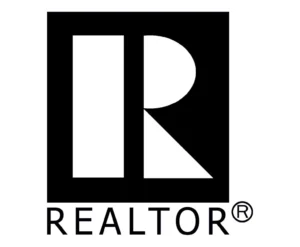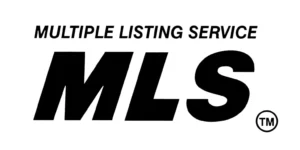in Pro Version
in Pro Version
Credit Card details
pro Feature Availablein Pro Version
Understanding the Costs Involved in Selling a Home
Introduction:
Buying or selling a home involves various costs that both parties need to consider. In this article, we will explore the different expenses associated with home sales, including home prices, loan balances, broker commissions, property taxes, title fees, financing costs, home warranties, HOA fees, repairs, and miscellaneous expenses. By understanding these costs, you can make informed decisions and ensure a smooth transaction.
1. Home Sales Prices:
The home sales price refers to the amount agreed upon between the buyer and seller. It is essential to set a fair price, considering market value, location, condition, and comparable sales in the area.
2. Loan Balance:
If the seller still has an outstanding mortgage on the property, the loan balance needs to be paid off during the closing process. This is typically done using the proceeds from the sale.
3. Broker Commissions:
Both the seller’s broker and the buyer’s broker receive a commission based on the final sales price. The typical commission is a percentage (e.g., 5%) negotiated between the broker and their respective client.
4. Annual Property Taxes Due at Closing for Seller:
Property taxes are usually prorated between the buyer and the seller, depending on the closing date. The seller pays their portion of the annual property taxes due up until the closing date.
5. Title Fees:
Title fees cover the cost of conducting a title search, obtaining title insurance, and other related services. These fees are usually split between the buyer and the seller.
6. Buyer Financing Cost Paid by the Seller:
In some cases, the seller may agree to pay for certain buyer financing costs to facilitate the sale. These costs can include loan origination fees, points, or credit towards the buyer’s closing costs.
7. Home Warranty:
Sometimes, sellers offer a home warranty to the buyer as an added incentive. A home warranty typically covers repairs or replacements of major appliances, HVAC systems, and other home components for a specified period.
8. Annual HOA and Condo Fees:
For properties located in a community with homeowner’s association (HOA) or condominium fees, sellers need to disclose the annual fees associated with these memberships. This information helps buyers factor in ongoing expenses.
9. Repairs:
During the home inspection process, the buyer may request repairs or credits for any identified issues. Negotiations regarding repair costs are common between the buyer and seller before finalizing the sale.
10. Miscellaneous Expenses:
Miscellaneous expenses can include costs for appraisals, inspections, surveys, attorney fees, or any unforeseen expenses related to the transaction. Sellers and buyers should be prepared for these additional costs.
Conclusion:
Understanding the various costs involved in buying and selling a home is vital for both parties. By considering home prices, loan balances, broker commissions, property taxes, title fees, financing costs, home warranties, HOA fees, repairs, and miscellaneous expenses, you can make informed decisions and navigate the real estate market more confidently.
Remember to consult with professionals such as real estate agents, mortgage brokers, and attorneys to ensure accurate information and personalized guidance throughout the process.





